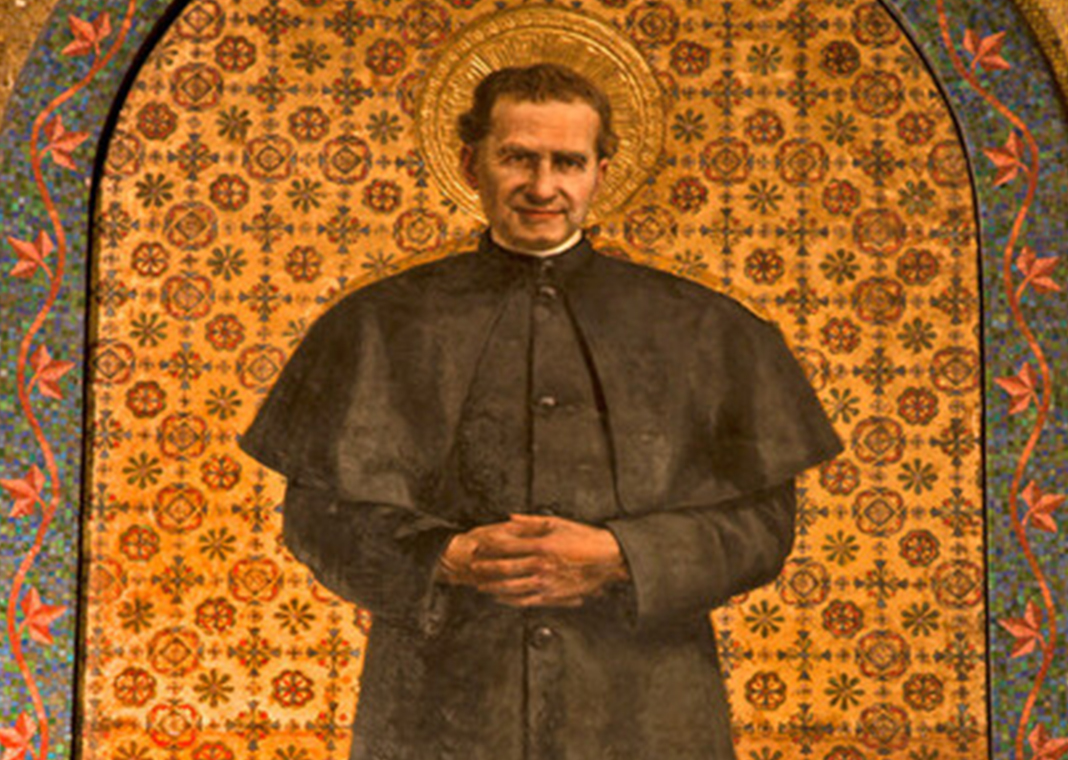 There is one in every class: the challenging student who saps up your last ounce of patience. When I was a student teacher, I pledged to myself to find one thing that I could love about this child in my class and found several: his fascinating knowledge of war history, his intricate creations of forts with building blocks, and how he would get so excited when someone showed interest in his make-believe wars that he spoke as quickly as possible and stumbled over his words. As I listened to him spitting out story after story, he began to listen to my stories more and more. By the end of the year, he was acting on my encouragement to look for ways his soldiers could create peace rather than continuing in endless war. Our relationship over his building blocks worked its way into the rest of class time so that one disapproving look was all that was needed when he disrupted the class.
There is one in every class: the challenging student who saps up your last ounce of patience. When I was a student teacher, I pledged to myself to find one thing that I could love about this child in my class and found several: his fascinating knowledge of war history, his intricate creations of forts with building blocks, and how he would get so excited when someone showed interest in his make-believe wars that he spoke as quickly as possible and stumbled over his words. As I listened to him spitting out story after story, he began to listen to my stories more and more. By the end of the year, he was acting on my encouragement to look for ways his soldiers could create peace rather than continuing in endless war. Our relationship over his building blocks worked its way into the rest of class time so that one disapproving look was all that was needed when he disrupted the class.
This emphasis on loving relationships with students is the cornerstone of the pedagogy of St. John Bosco, whose feast we celebrate on January 31. In the mid-1800s, John Bosco took the orphaned, factory-working, delinquent boys off the streets and out of the jails, and gave them a home, an education, and an invitation to a life of faith. He loved those whom no one else did and returned to them their dignity as children of God. Despite sharp criticism from both the Church and civil leaders, John persevered in creating an environment where the boys could flourish simply by showing them love, respect, and trust. He is famously quoted as saying, “Get them to love you, and they’ll follow you anywhere.”1
John Bosco’s pedagogical method he defined as “The Preventative System,” which aims to “put the students into a situation where they cannot do wrong,” under the constant vigilance of their teachers who, “like loving fathers will converse with them, act as guides in every event, counsel them and lovingly correct them.”2 The educators in his system, following John’s own example, walk alongside their students, immersing themselves in the students’ lives to fully understand them. Only then can the teachers reach students in a way that the students love, respect, and trust in return.
We can all use a dose of this beloved teacher’s wisdom, particularly when that challenging student crosses our path. Rather than falling back on harsh discipline which does not encourage growth, we must see Christ in the child and show him or her love. This can be a difficult task when we catechists only see students one hour a week. Spending time with students and showing interest in their lives is the first step. St. John Bosco tells us what is important is, “That the youngsters should not only be loved, but that they themselves should know that they are loved.”3 Only in mutual love can real catechesis begin.
1. “Graduate Theology: St. John Bosco, Our Patron Saint,” Franciscan University of Steubenville, accessed Dec. 9, 2013, http://www.franciscan.edu/GraduateTheology/WhyCatechetics/
2. Bosco, John, The Preventive System in the Education of the Young, 1877. Ed. P. Braido, trans. P. Laws, accessed Dec. 9, 2013, salesianstudies.org/resources/ses-2013-resources.
3. Bosco, John. Letter from Rome, 1884. Eds. G Williams and P. Braido, trans. by P. Laws, accessed Dec. 9, 2013, salesianstudies.org/resources/ses-2013-resources.




Be the first to comment